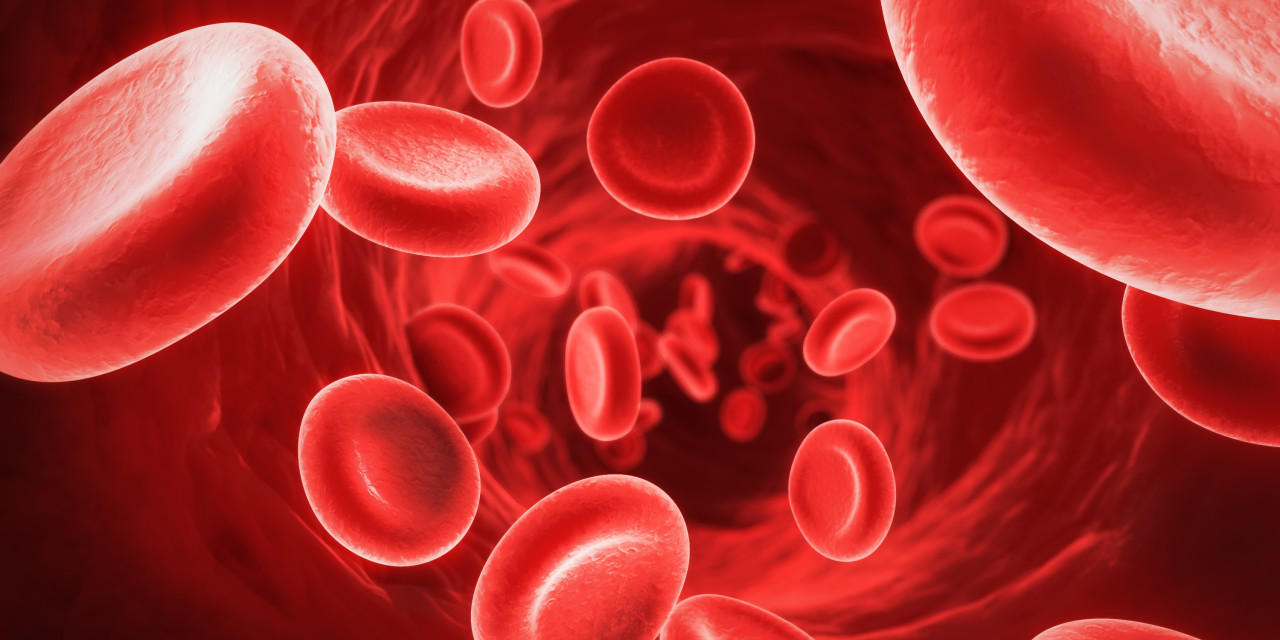Juicy Health Benefits Of Dragon Fruit
Dragon fruit is a type of tropical cactus fruit primarily grown in South and Central America and in Vietnam. Also called pitaya and strawberry pear, the fruit has pink or reddish skin, and the inner pulp may be white, red, or pink. Many individuals describe dragon fruit as having a similar taste to kiwi; the taste is very sweet and sometimes a bit tangy or sour. Dragon fruit is regarded as one of the latest superfoods; it is low in calories and high in iron, vitamin C, iron, and magnesium. The fruit's texture and sweetness make it ideal for use in smoothies and juices, and some individuals even enjoy it dried as a chip. Doctors and nutritionists are increasingly recommending dragon fruit as a healthy choice for patients with various ailments.
Aids In Healthy Digestion

Studies have shown there are more than four hundred species of bacteria within the digestive system, and researchers believe an imbalance in certain bacteria may contribute to disease. For example, science suggests patients who have a high level of 'bad' bacteria in the stomach may be at a higher risk for asthma and cardiovascular conditions. Dragon fruit is rich in prebiotics, a type of fiber that encourages healthy bacteria to flourish throughout the digestive system.
Research suggests dragon fruit aids in healthy digestion by improving the ratio of good to bad bacteria in the digestive system. In particular, this fruit helps increase lactic acid and bifidobacteria, two kinds of 'good' bacteria. Early studies have indicated prebiotics like dragon fruit may help prevent infections in the digestive system, and one study indicated patients who took prebiotic supplements experienced fewer episodes of traveler's diarrhea. Other test-tube studies of prebiotics suggest they may reduce the symptoms of inflammatory bowel disease.
Helps Prevent Anemia

Anemia refers to a low level of hemoglobin in the blood, and this means the body's tissues cannot get enough oxygen. Anemia can be caused by low levels of iron in the bloodstream, and it may result in weakness, fatigue, cold hands and feet, and chest pain. A combination of iron and vitamin C helps prevent anemia, and dragon fruit is rich in both of these. It contains eight percent of the recommended daily intake of iron and nine percent of the recommended daily intake of vitamin C.
Vitamin C helps increase iron absorption, so doctors recommend patients at risk of anemia to take both of these together. As one of the only fresh fruits containing iron, dragon fruit is an especially important dietary addition for individuals who follow vegetarian or vegan diets.
